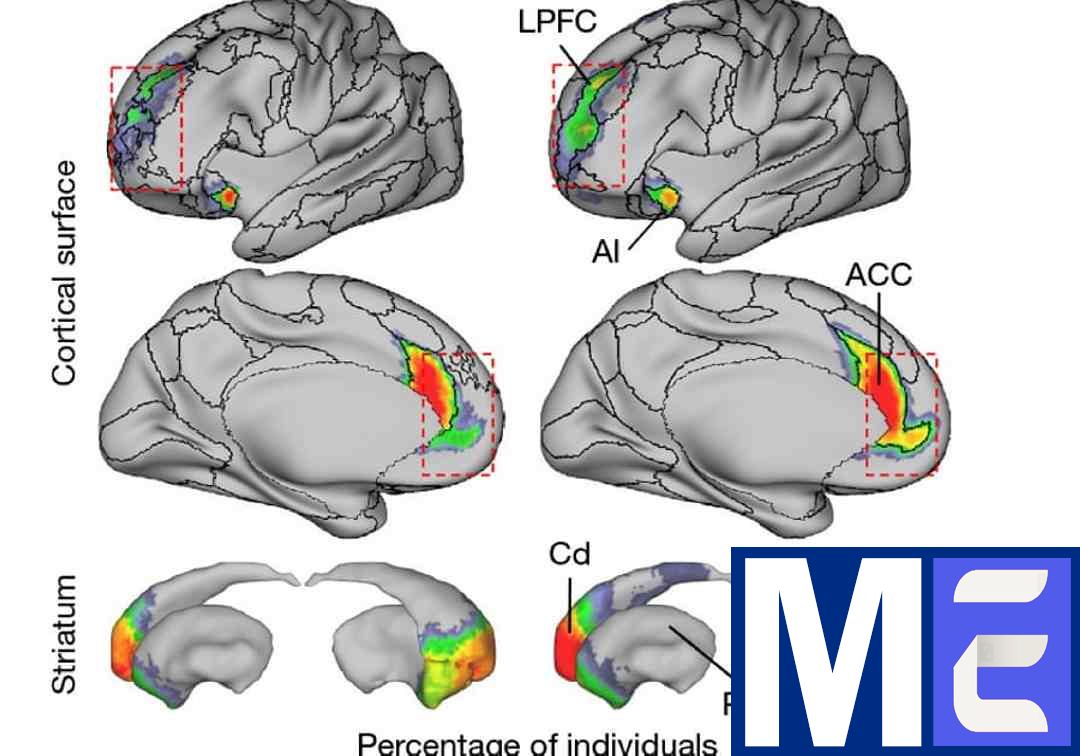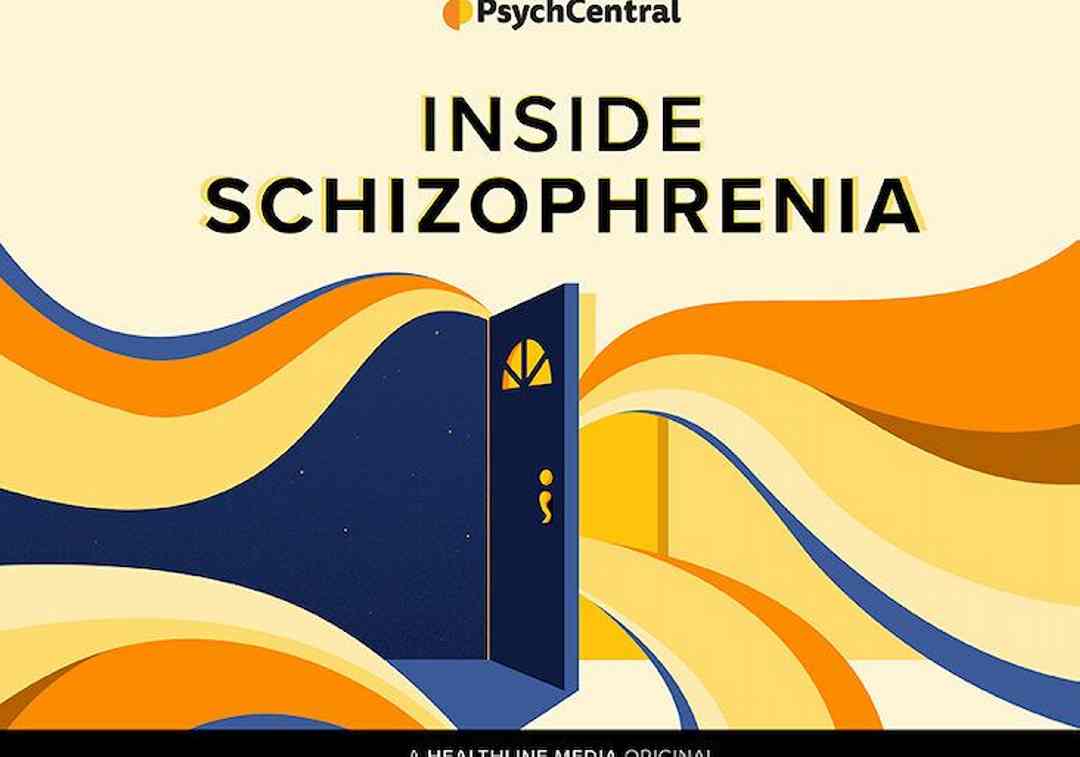Researchers have gained new perception into how and why some folks expertise melancholy after discovering a specific mind community is much larger in folks residing with the situation.
The floor of the mind is a communication junction field at which totally different areas speak to one another to hold out specific processes. However there’s a finite quantity of house for these networks to share.
Now researchers say that in folks with melancholy, a bigger a part of the mind is concerned within the community that controls consideration to rewards and threats than in these with out melancholy.
“It’s taking on extra actual property on the mind floor than we see is typical in wholesome controls,” stated Dr Charles Lynch, a co-author of the analysis, from Weill Cornell Medication in New York. He added that growth meant the dimensions of different – typically neighbouring – mind networks have been smaller.
Writing within the journal Nature, Lynch and colleagues report how they used precision useful mapping, a brand new method to mind imaging that analyses a number of fMRI (useful MRI) scans from every particular person.
The workforce utilized this methodology to 141 folks with melancholy and 37 folks with out it, enabling them to measure precisely the dimensions of every participant’s mind networks. They then took the common dimension for every group.
They discovered that part of the mind referred to as the frontostriatal salience community was expanded by 73% on common in individuals with melancholy in contrast with wholesome controls.
These findings have been supported by an evaluation of single mind scans beforehand collected from 932 wholesome folks and 299 with melancholy. The workforce stated the dimensions of this mind community in folks with melancholy didn’t change with time, temper or transcranial magnetic stimulation therapy.
Nonetheless, mind indicators between totally different components of the community turned much less synchronised when individuals had sure signs of melancholy, with these modifications additionally related to the severity of future signs.
The workforce added that an evaluation of mind scans from 57 kids who went on to develop melancholy as adolescents revealed this mind community was expanded years earlier than their signs developed, whereas it was additionally expanded in adults with late onset melancholy.
The researchers stated this instructed an expanded mind community may very well be a danger issue for creating melancholy, fairly than a consequence of the situation.
Nonetheless, they stated it was unclear to what extent this enlarged community was the results of genetics or experiences, and whether or not the affiliation with melancholy arose from this growth or from different mind networks consequently being smaller.
The workforce added that their outcomes may provide a option to discover whether or not sure folks could also be at elevated danger of creating melancholy, and will assist develop personalised remedies.
However Prof Conor Liston, one other creator from Weill Cornell Medication, stated the outcomes may gain advantage folks with melancholy extra extensively. “Having that info, that there’s one thing identifiable within the mind that’s related to their melancholy and could also be conferring danger for his or her melancholy, I believe is, by itself, actually reassuring for some folks,” he stated.
Dr Miriam Klein-Flügge, of the College of Oxford, who was not concerned within the work, stated it was shocking the research didn’t contact on the amygdala – a mind space on the core of melancholy analysis for many years.
Nonetheless, she stated, the brand new work was sturdy, vital and thrilling, including it raised the query of whether or not it was potential to reverse an expanded frontostriatal salience community with early intervention.
Klein-Flügge stated additional work could be wanted to discover whether or not the dimensions of this community may certainly be used to foretell a person’s danger of creating melancholy, including it was unlikely to be the one useful marker for predicting melancholy.
“However it’s one helpful step on the highway in direction of providing sufferers interventions that may be delivered at a sooner timescale and that may be focused to their particular person wants,” she stated.



